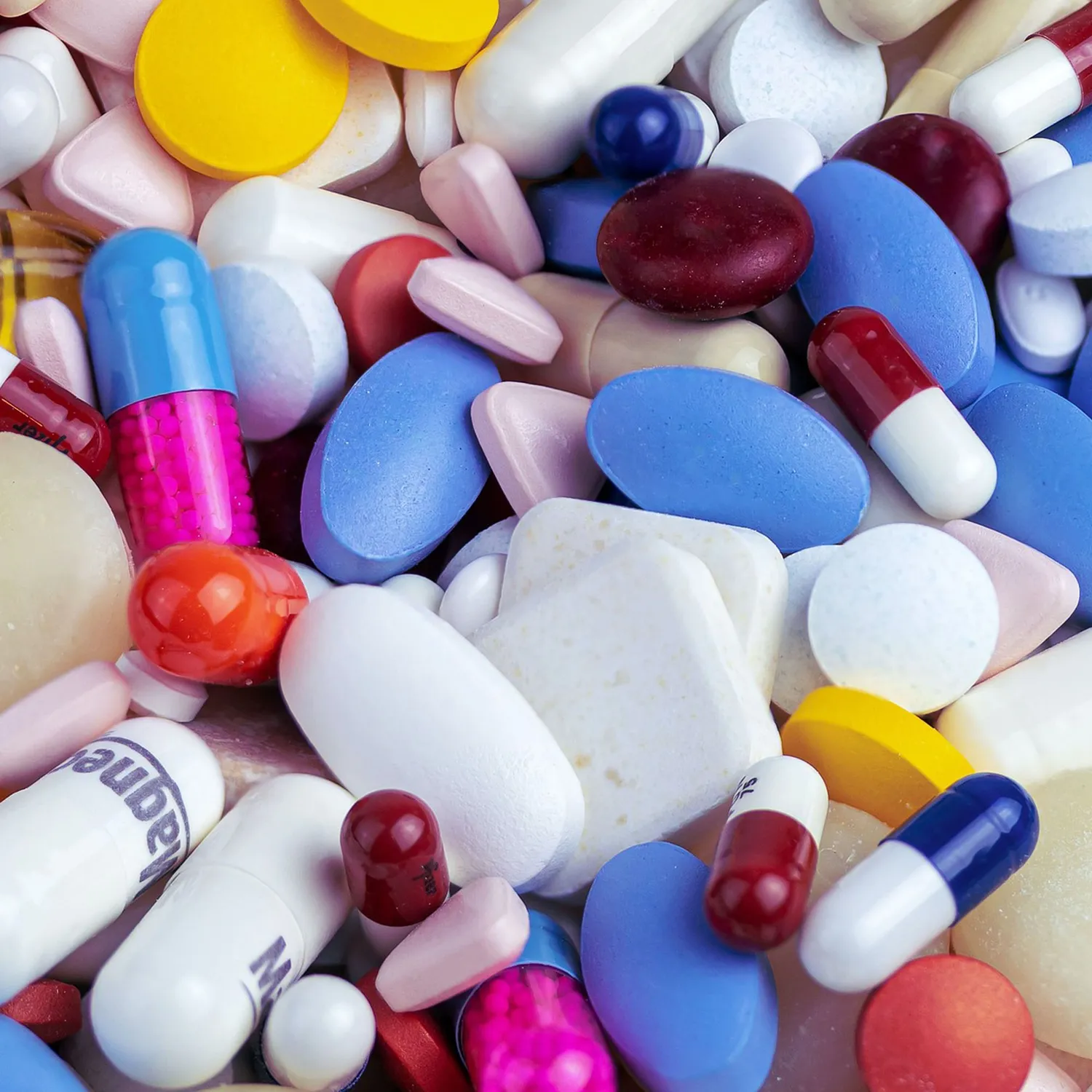Drug addiction is a complex disease and stopping drug use takes more than good intentions or strong willpower. Repeated drug use leads to changes in the brain that challenge self-control and resistance to the urge to take drugs.
Drugs affect the brain’s reward system. They create a feeling of euphoria by flooding the brain with dopamine. Surges of dopamine reinforce pleasurable behaviours, thereby encouraging repeated behaviour, even if the activity is unhealthy.
Over time, the brain adapts and the reward system becomes less responsive. This effect is known as tolerance. The high you may have felt initially becomes much less intense and you may take more of the drug to try and achieve the same high. Long-term use and its associated chemical changes affect the brain’s other chemical systems and functions. At best, this can lead to the inability to derive pleasure from normal activities and at worst, to harmful physical and psychological outcomes.

From experimentation to full-blown addiction, what causes someone to develop a drug dependency? Drug addiction is the result of a combination of different factors; some of which may be beyond your control.

Some people may be able to experiment with or use drugs recreationally, while others feel a strong impulse to consume to excess. Psychoactive drugs induce feelings of pleasure which trigger the brain’s reward centre and encourage repetition of the behaviour.
Neuroscience has shown that people have varying levels of ability and brain function to control impulsive urges. If these genes are passed down through generations, family members are more prone to developing drug problems.

People deal with situations in their own unique way. However, different psychological factors can increase the risk of substance misuse. Drugs are often used to suppress emotional stress and relieve the symptoms of a range of mental health issues. From depression to anxiety, the more you turn to drugs to ease emotional pain or trauma, the more your body becomes tolerant to their use and relies on their effects. Over time, self-medicating in this way can become habitual and co-occur with a mental health disorder.

Spending time around people who abuse drugs can influence you to do the same. Parental guidance plays a big part in the likelihood of someone developing an addiction. Children who are exposed to drug abuse at a young age are more at risk of developing their own problem.
Some people turn to drugs to relieve stress. Work culture or a demanding job can contribute to consumption. Peer pressure can also cause you to participate in recreational drug use. Although taking drugs at any age can lead to addiction, the earlier drug use begins, the more likely it will progress to addiction. Teens may be especially prone to engaging in risky behaviours, such as experimenting with drugs, as the areas in their brains that control judgement and self-control are still developing.
